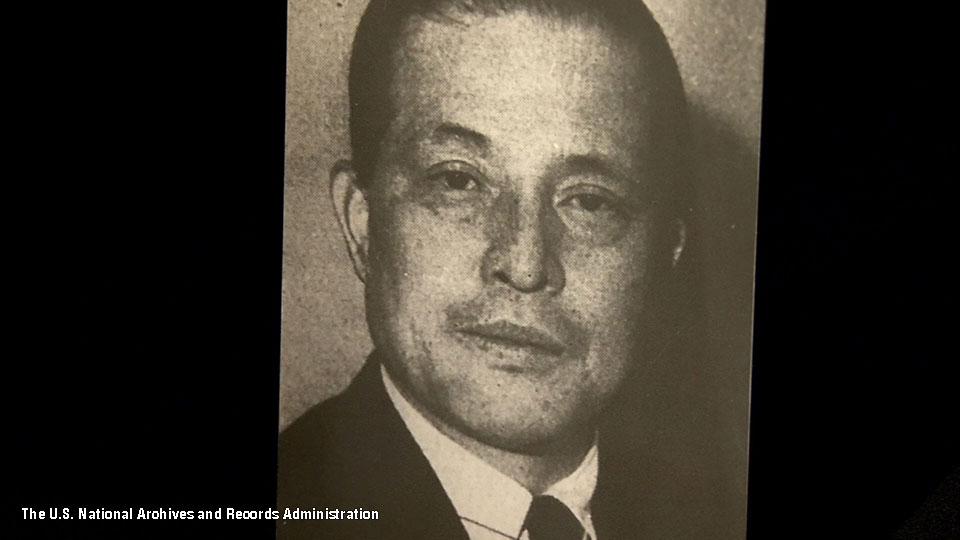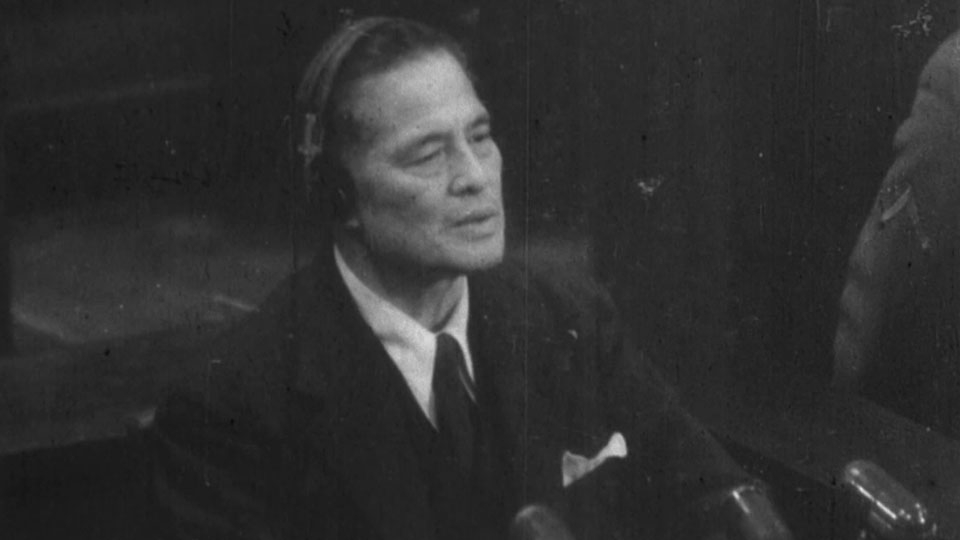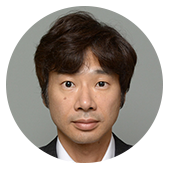“Hitler was extraordinarily smart,” Oshima says in the 1973 tapes. “There’s no doubt he was a genius.”
Oshima was an Imperial Japanese Army general who was assigned to Germany in 1934, the same year Adolf Hitler rose to power as a dictator, the Führer of Nazi Germany. Oshima’s deep connection with the country was kindled by his army-officer father, who had spent some years in Berlin. From boyhood he received a full German education. Describing himself as more German than Germans, Oshima soon made friends with Foreign Minister Joachim von Ribbentrop, and even Hitler.

A pact with the Nazis
By 1940, the Tripartite Pact between Japan, Germany and Italy was in place. Japan wanted to keep the United States in check by joining hands with Germany and Italy, which were expanding their presence in Europe. But as a result, it deepened the conflict with the US, pushing Japan into the Pacific War.
It has generally been acknowledged that Matsuoka Yosuke, Japan’s foreign minister at the time, took the diplomatic lead. But the tapes reveal that Oshima was also a driving force.
“It was me who proposed the idea of the Tripartite Pact,” Oshima says. “I visited the German military twice. The air force fleets were superb. They had excellent strategic bombing and firearms. I knew there was no better military partner than Germany.”
Some Japanese officials voiced opposition to the pact, warning that it would turn the US into an enemy. But Oshima pressed ahead. Both Germany and Japan took dominant positions at the beginning of the Pacific War. But the United States fought back, gradually driving Japan and its allies into a corner.
Author and Showa Era historian Hosaka Masayasu says Oshima’s remarks are evidence of a single man determining the course of a nation.
“In those days, having a connection with Germany made Oshima privileged, as it was a national policy,” Hosaka says. “I feel Oshima’s love for Germany went too far. There was no halfway for him. He was 100 percent in love with Germany.”
Words of regret
Oshima was sentenced to life in prison as a class-A criminal following the war. After his release in 1955, he lived a secluded life in the suburbs of Tokyo. He never appeared publicly. But just before his death, he broke his silence to Miyake Masaki, a scholar in international political history.
Miyaka has released tapes of that interview to NHK with the wish to pass on their contents to future generations. In them, Oshima speaks of regret and makes an admission of guilt.
“I keenly feel my responsibility. But looking back, I did what I did on the assumption that Germany would prevail,” he says. “When I was a military attache, I only had to see whether a country had a strong military or not. But, as an ambassador, I should have taken into consideration the overall strength of a country, from economics to industry. I didn’t do that at all. I only thought about military prowess.”

Oshima was prosecuted in the Tokyo War Crimes Tribunal and sentenced to life in prison.
Hosaka says Oshima’s comments reveal that he misled his country – and also expose structural faults within Japan at the time. “Circumstances change, after all. We need to keep an eye on changing situations with a clear national vision in mind,” he says. “Otherwise, it would be dangerous to entrust leaders in determining the course of a nation.”
Oshima’s words expose a weakness in Japan's decision-making mechanism before the war. Here was a country where a small number of shortsighted leaders could make a critical decision that changed history.

